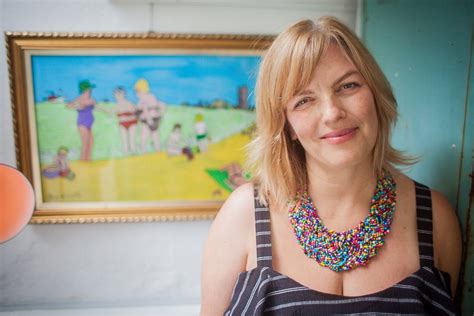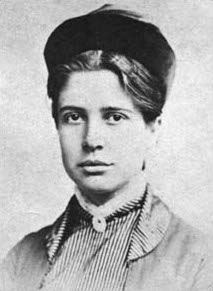A Quote by Thomas Merton
The pleasure of a good act is something to be remembered - not in order to feed our complacency but in order to remind us that virtuous actions are not only possible and valuable, but that they can become easier and more delightful and more fruitful than the acts of vice which oppose and frustrate them.
Related Quotes
Lists help us manage the chaos of our lives—to impose order, if only for a moment. Writing a list clears the mind. … Once everything is written down, it’s easier to see which tasks are important and in what order to tackle them. Tasks that seem overwhelming look easier when reduced to mere lines on paper.
In the nature of our existence, we must act to achieve values. And in order to act appropriately, we need to value the beneficiary of our actions. In order to seek values, we must consider ourselves worthy of enjoying them. In order to fight for our happiness, we must consider ourselves worthy of happiness.
The purpose of the present study is not as it is in other inquiries, the attainment of knowledge, we are not conducting this inquiry in order to know what virtue is, but in order to become good, else there would be no advantage in studying it. For that reason, it becomes necessary to examine the problem of our actions and to ask how they are to be performed. For as we have said, the actions determine what kind of characteristics are developed.
If we only look far enough off for the consequence of our actions, we can always find some point in the combination of results by which those actions can be justified: by adopting the point of view of a Providence who arranges results, or of a philosopher who traces them, we shall find it possible to obtain perfect complacency in choosing to do what is most agreeable to us in the present moment.
Many of our actions degrade our habitat because we undertake them in order to reach goals whose allure blinds us to myriad dire consequences. In order to fuel our complex civilizations, we are lacing our planet's atmosphere with carbon dioxide, a greenhouse gas that, if it has not already begun doing so, will soon warm the Ice Age climate to which we owe our very existence.
We are spirits. That bodies should be lent us while they afford us pleasure, assist us in acquiring knowledge or in doing good to our fellow-creatures, is a kind of benevolent act of God. When they become unfit for these purposes and afford us pain instead of pleasure, instead of an aid become an encumbrance and answer none of these intentions for which they were given, it is equally kind and benevolent that a way is provided by which we get rid of them. Death is that way.
In order to live, man must act; in order to act, he must make choices; in order to make choices, he must define a code of values; in order to define a code of values, he must know what he is and where he is – i.e. he must know his own nature (including his means of knowledge) and the nature of the universe in which he acts – i.e. he needs metaphysics, epistemology, ethics, which means: philosophy. He cannot escape from this need; his only alternative is whether the philosophy guiding him is to be chosen by his mind or by chance.
. . . Our Lord humbles in order to raise up, and allows the suffering of interior and exterior afflictions in order to bring about peace. He often desires some things more than we do, but wants us to merit the grace of accomplishing them by several practices of virtue and to beg for this with many prayers.


































